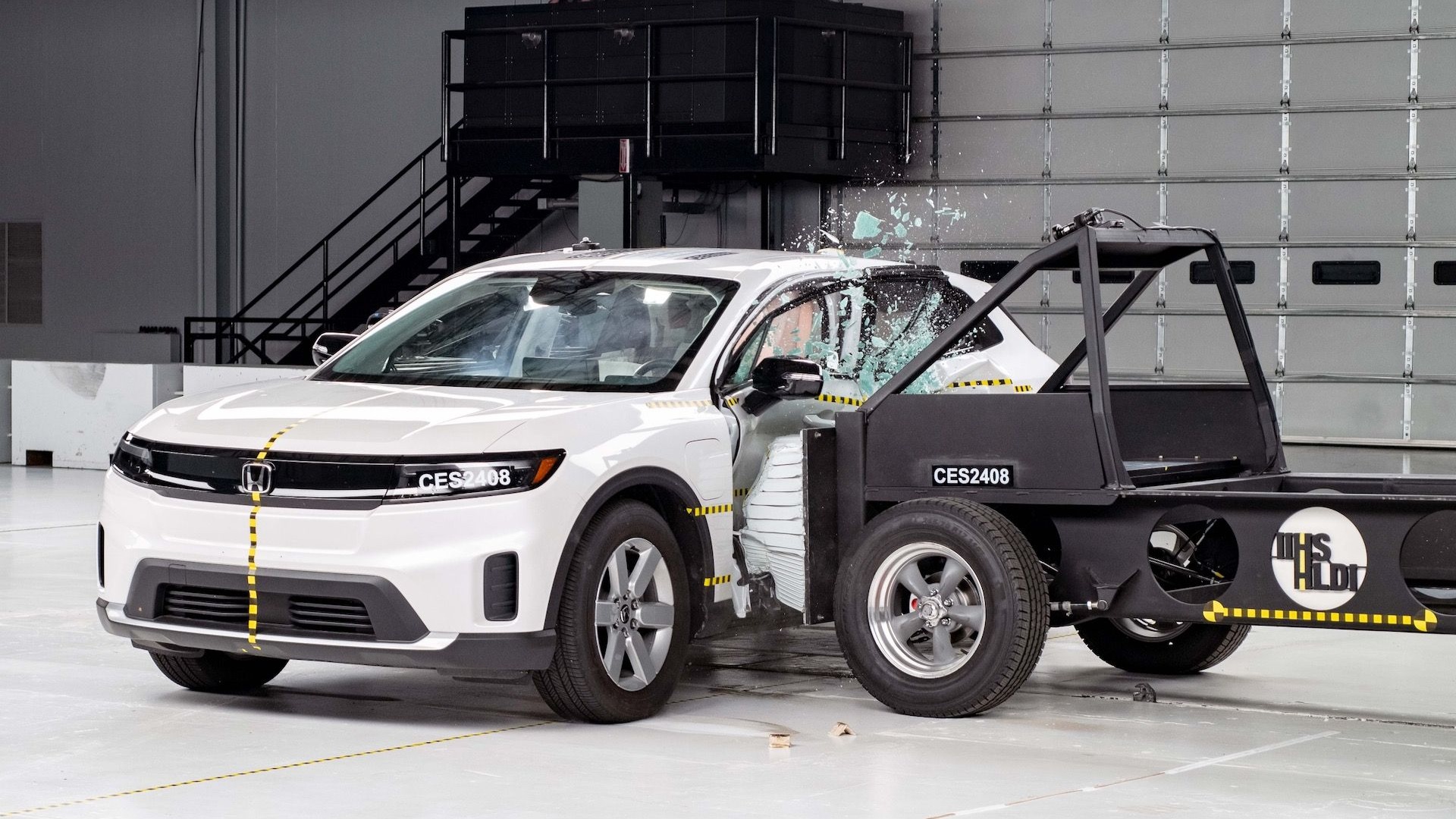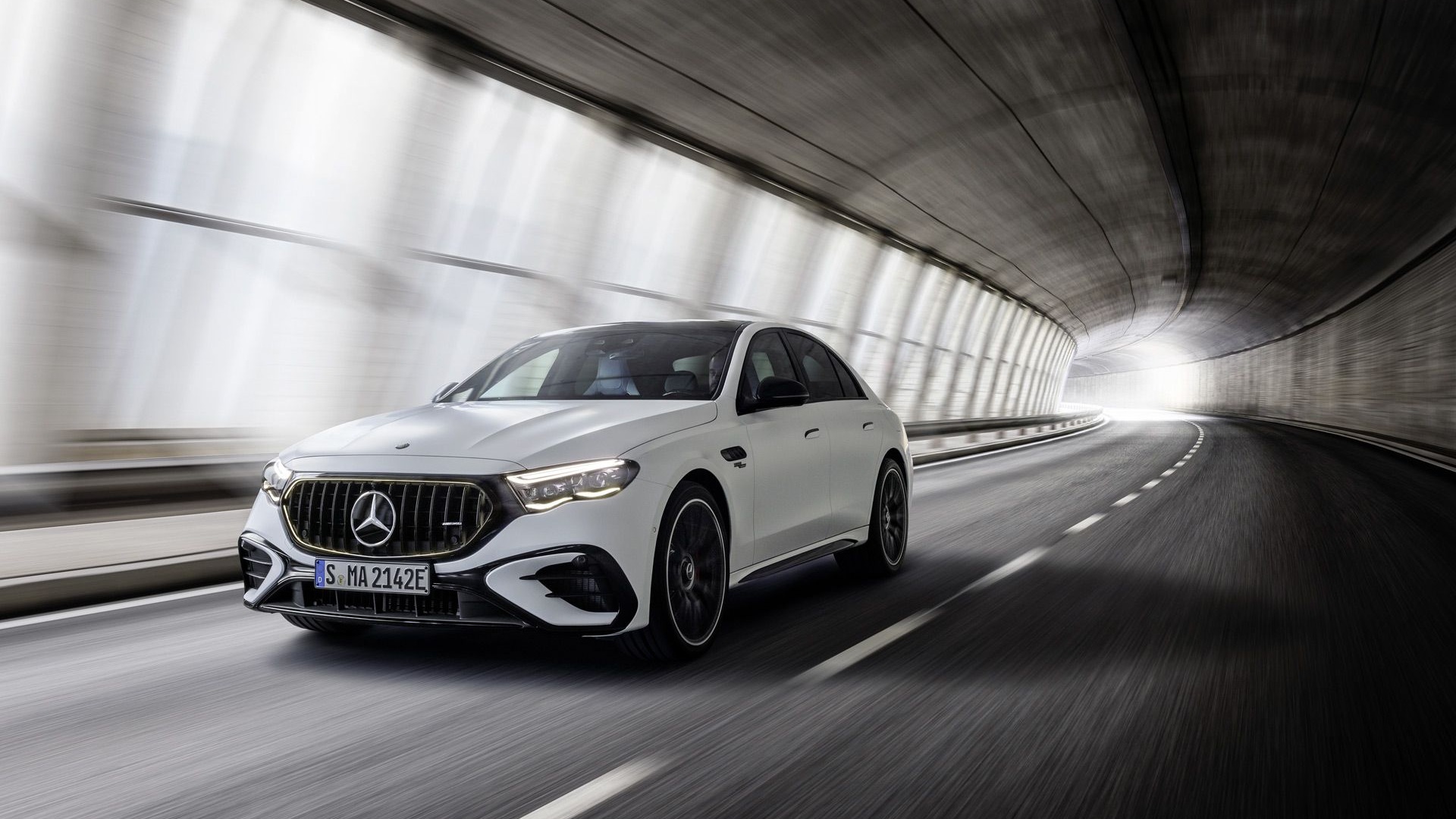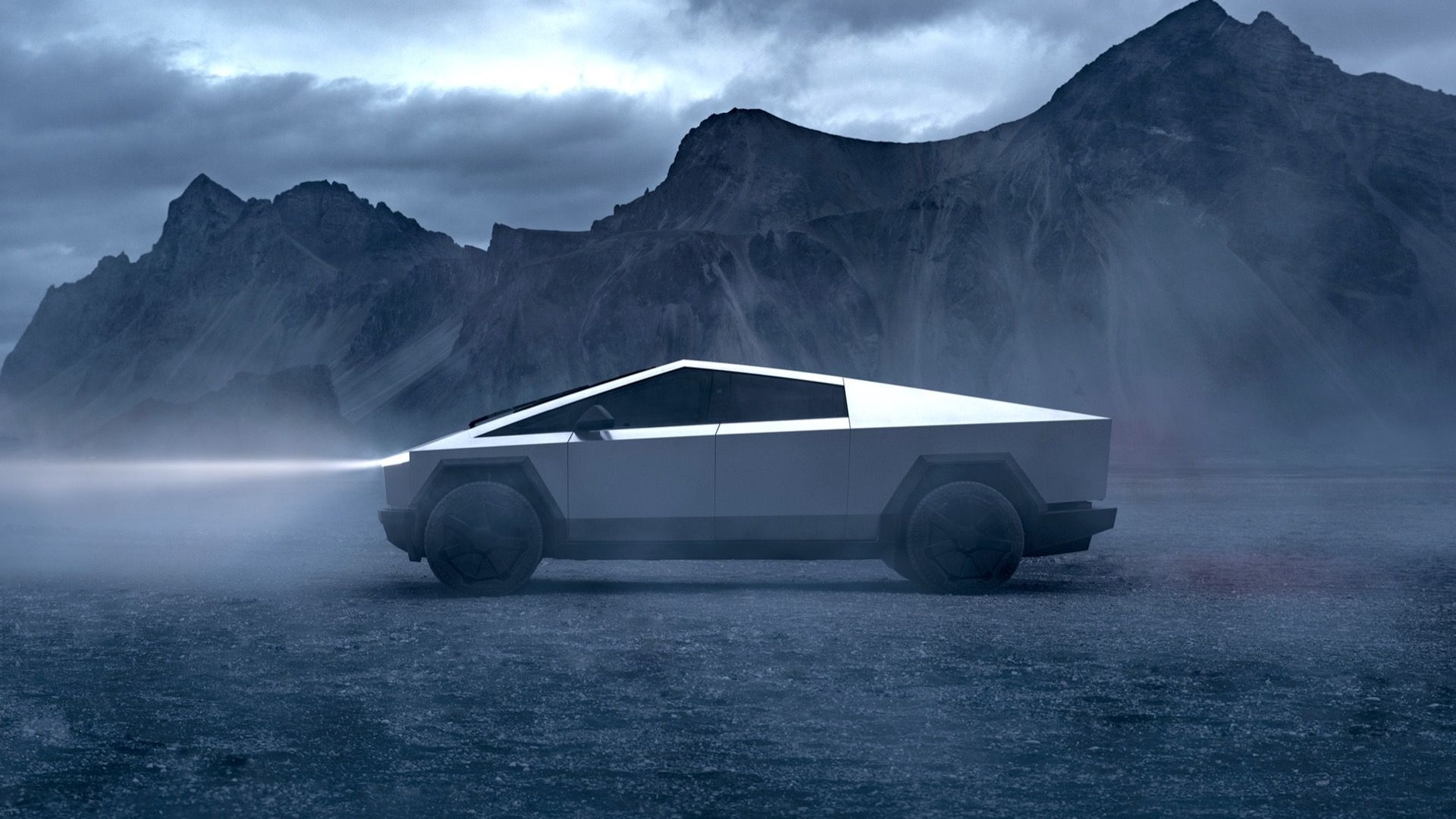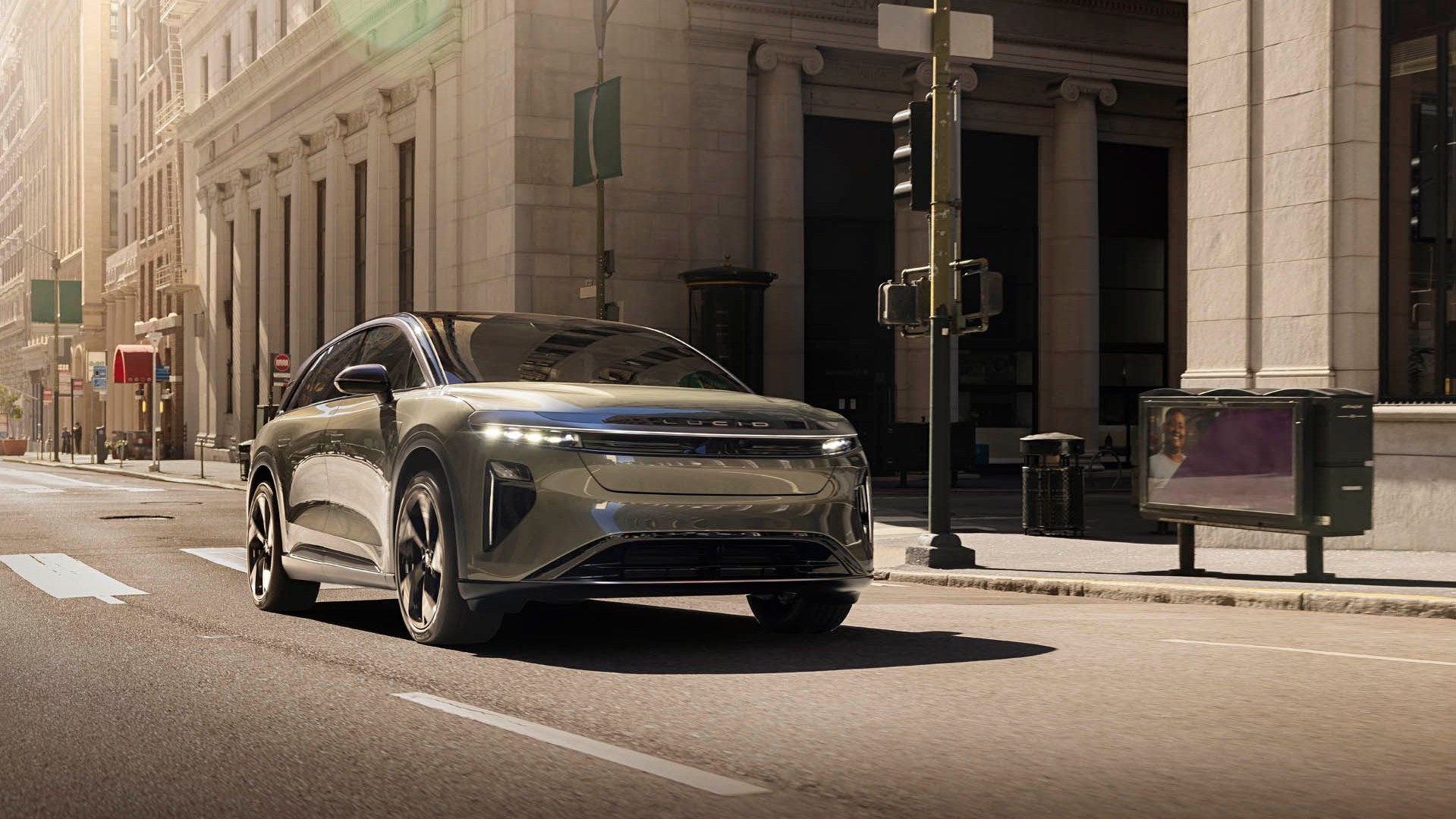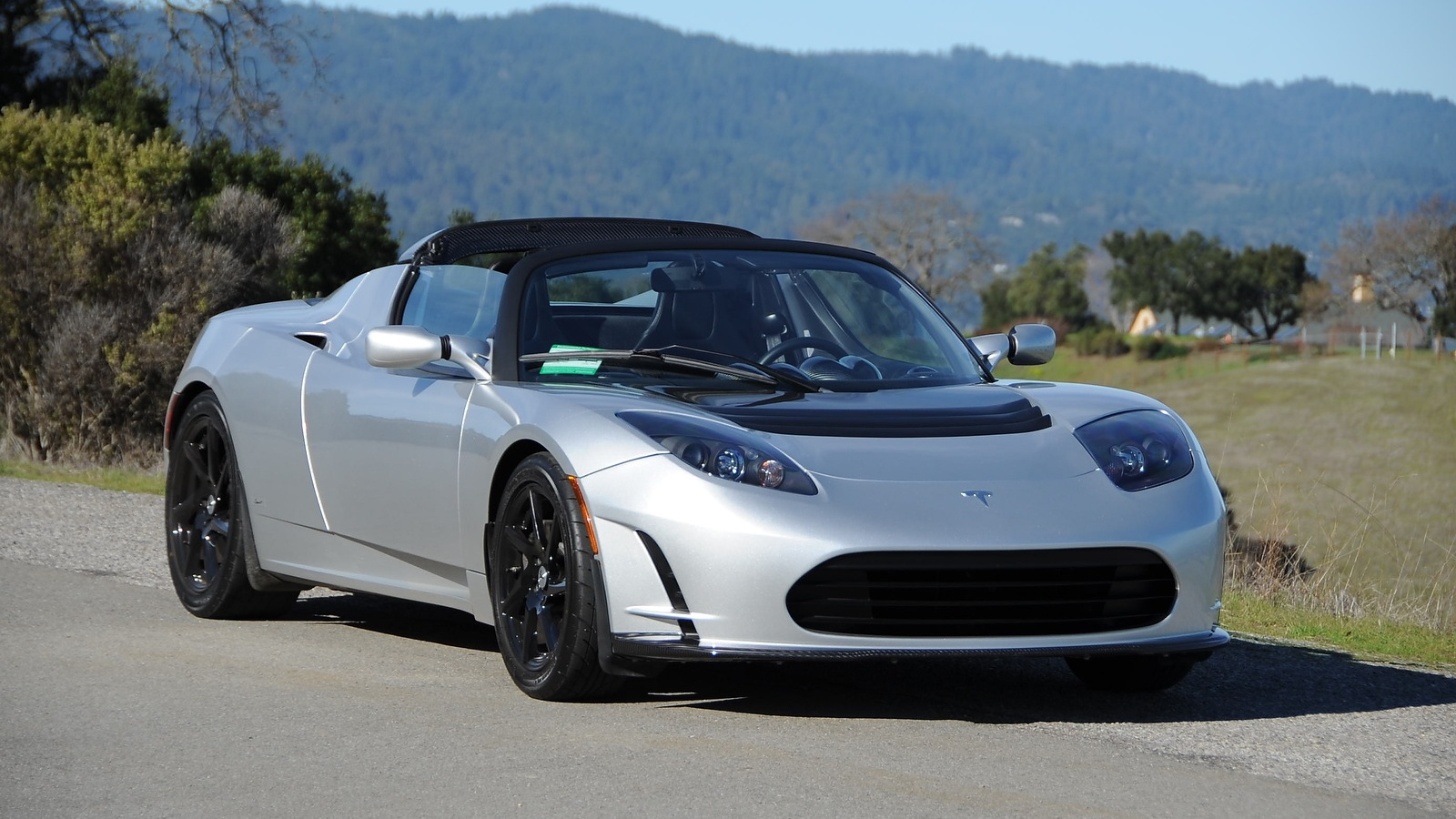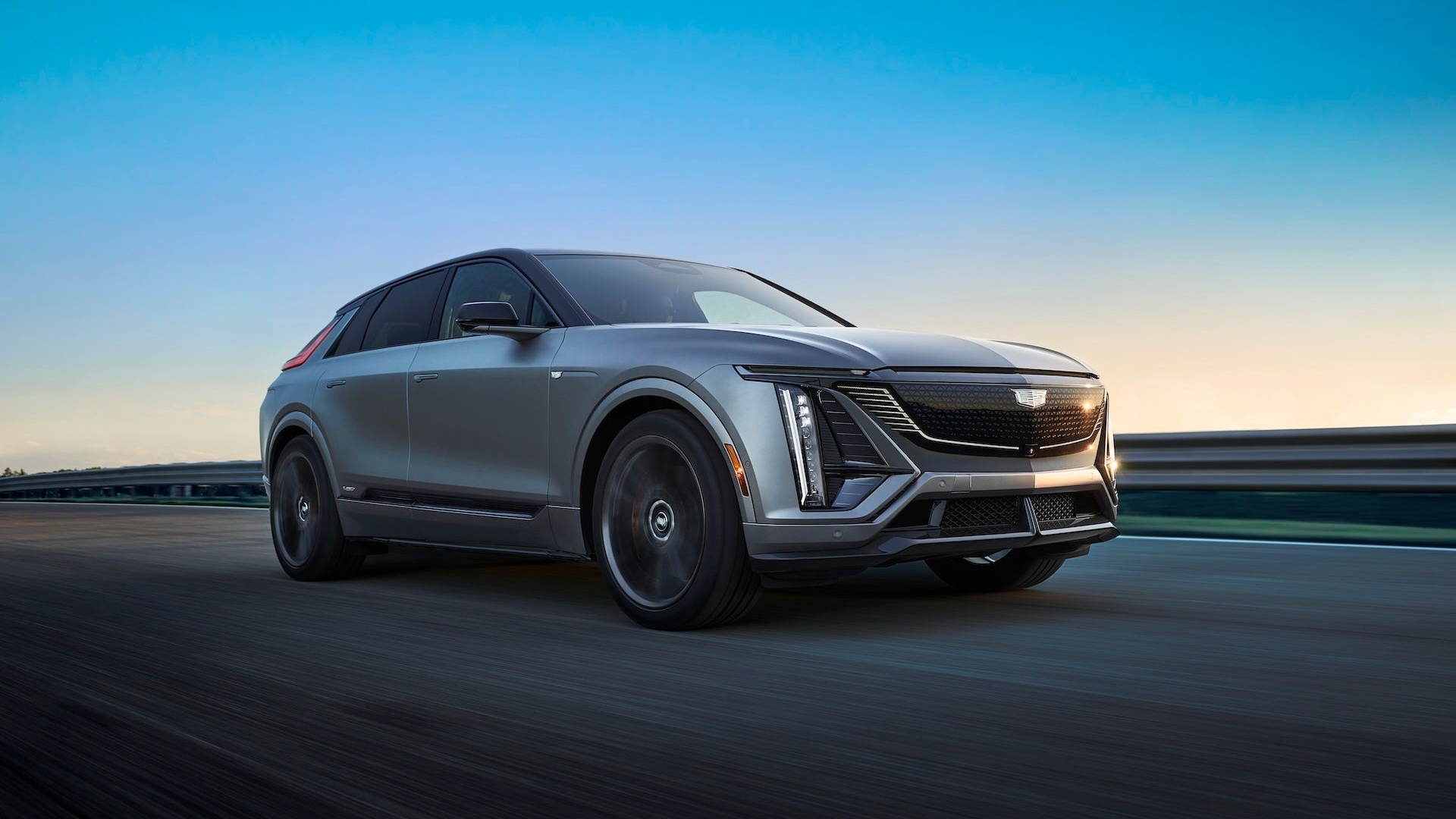The Toyota Prius has already secured a spot as an icon of automotive history and one of the most influential products of this century. It’s also far surpassed Toyota’s initial expectations.
Sales of the Prius peaked in 2007, however, and Toyota seems to be conflicted about its strategy for the Prius and its technology ever since.
The beginning
The Prius began with Takeshi Uchiyamada assigned to make a car for the 21st century that could achieve twice the fuel economy of Toyota’s top-selling Corolla model. The product of his labor was introduced at the Tokyo Auto Show on Oct. 27, 1995. That Prius was a small four-door sedan that might easily be mistaken for a Corolla or Civic.

1995 Toyota Prius concept
The prototype became the first generation Prius, introduced into the U.S. in 2001 with an EPA window sticker showing 48 mpg combined city and highway (41 mpg under current methodologies). Sales of that model were decent with about 20,000 sold in 2002.
The ascent
The iconic Prius, as it is known by everyone today, arguably started with the introduction of the second generation in 2004. The fuel-efficient kammback style made the vehicle stand out from other vehicles and increased interior space. But the eye catching 55-mpg window sticker (46 mpg adjusted to today) made it clear this was the car to have if you cared about the environment.
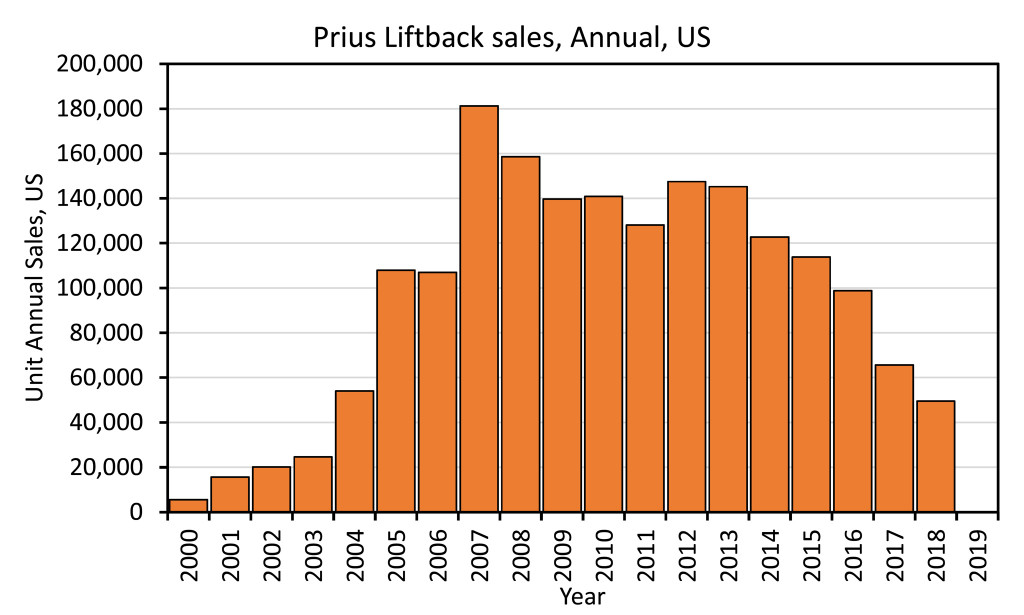
Prius Liftback sales - John Briggs, January 2020
At that time, the Prius was showing up at red-carpet events with stars like Cameron Diaz and Leonardo DiCaprio inside. Other celebrities who were seen driving a Prius included Jennifer Aniston, Tom Hanks, and Jessica Alba.
Despite the complex Hybrid Synergy Drive system and battery, the Prius wasn’t fragile or unreliable. It won the top J.D. Power dependability award in 2008. Compared to its siblings, the Prius was notably more expensive, with starting prices at $22,000 in 2008; but with the average car costing about $23,000 that same year, it was affordable.

Retail Fuel Prices - John Briggs, January 2020
At the 2007 sales peak, Toyota moved 181,200 Prius liftbacks—during a time when gasoline prices rose about $4 per gallon and then crashed down to under $2 per gallon.
The family
In an effort to lift sagging Prius sales, Toyota introduced the larger Prius V and smaller Prius C. The effort paid off with the Prius family selling 247,230 units in 2012 with the liftback being only 147,500 of those sales.
But the slide in Prius sales continued after, perhaps partly due to the introduction of the Chevy Volt plug-in hybrid and the Nissan Leaf in late 2010 and the Tesla Model S in 2012. Green tech was changing.
Plan for the technology
While Toyota executives early on considered spreading the hybrid technology to other vehicles, the success of the Prius may have caused them to double down on the Prius brand.

Toyota Prius mpg over time - John Briggs, January 2020
To try to stay ahead of the competition, Toyota improved on the Prius efficiency as seen in the Prius MPG chart. EPA data shows improvements averaging 6 mpg every 10 years. Estimates largely confirmed those numbers in the real world, according to the Fuelly mpg tracking website.
The Corolla, by contrast, only improved 1.6 mpg every 10 years, the Camry at a more reasonable 3.9 mpg every 10 years and the RAV4 at 2.8 mpg every 10 years.
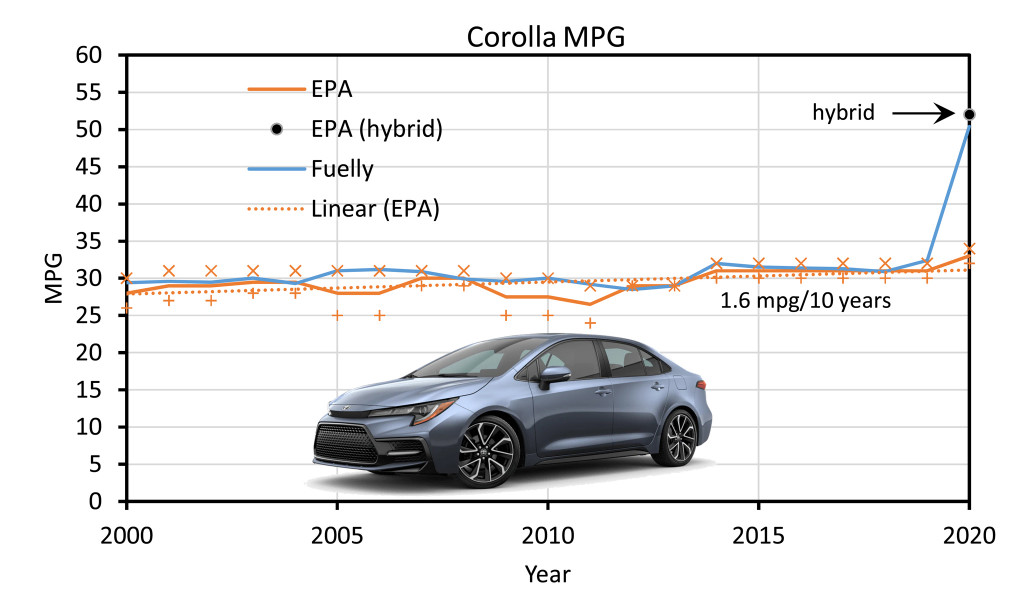
Toyota Corolla mpg over time - John Briggs, January 2020
The net effect is that a large gap in the efficiency remained between the Prius and the other vehicles. Even when Toyota’s hybrid technology was introduced to the Camry in 2007 it achieved a modest 34-mpg rating.
Competitors catch up
At its 2007 peak, the 46-mpg Prius was selling well. It was well ahead of the 42-mpg Honda Civic hybrid and 34-mpg Nissan Altima hybrid. Toyota had a formula for success.
Today, the 58-mpg Hyundai Ioniq blue is at the top of the hybrid class, ahead of the 56 mpg Prius Eco. The 52-mpg standard Prius is matched by the 52-mpg Honda Insight.

U.S. market hybrid and plug-in hybrid models - John Briggs, January 2020
Hybrid technology is now more widely available, and there are 61 different EPA listed hybrid models or 95 models if plug-in hybrids are included. Customers looking for a hybrid no longer need to turn to Toyota to get a fuel-efficient vehicle.
Changing tactics
With Prius sales in serious decline, Toyota is aggressively moving the hybrid technology into the rest of its lineup.
The first hybrid Camry in 2007 had disappointing mpg. As of 2018, a 52-mpg hybrid Camry is available, and a 52-mpg hybrid Corolla hit the market in 2020.

Toyota Camry mpg over time - John Briggs, January 2020
For the increasing number of customers preferring an SUV, the current-generation 40-mpg RAV4 Hybrid became available in 2019 (after an original launch with less impressive mpg numbers in 2016). Another important number to consider is called the take-rate, which is the percentage of vehicles shipped with a certain option. Toyota started providing a more complete list of hybrid take rates starting in 2019.
From 2016 through 2018, the RAV4 hybrid take rate was approximately 12%, which is quite significant. But in 2019, with the introduction of a new-generation, 40-mpg RAV4 Hybrid, that number jumped to 25%, making the RAV4 the highest selling hybrid that Toyota makes, outselling the Prius.

Toyota RAV4 mpg over time - John Briggs, January 2020
The data for the Corolla, Camry, and Highlander all show an 8% take rate. The consistency in that number suggests that Toyota is deliberately controlling the volume of hybrids sold.
The high numbers of RAV4 hybrids will help Toyota boost its light truck CAFE fuel economy numbers. The lower numbers in the sedan segment on the other hand might correspond with lower levels of urgency that Toyota boost its CAFE number in the car group.
(Eds note: Green Car Reports reached out to Toyota Motor Sales USA for comment on whether this was the case, and the company responded that it was indeed related to the higher level of consumer demand for light trucks than for passenger cars.)

Hybrid take rates - John Briggs, January 2020
Toyota’s more serious efforts at producing high-mpg hybrids on their standard vehicles and higher take rates combined paint a picture of Toyota finally being serious about migrating its Prius technology across its product line.
The future of Prius
The trend toward ever-lower sales for the Prius lineup begs the question of whether or not the Prius will be canceled soon, as Toyota did with the Prius V in 2017 and the Prius C in 2019.
There is likely too much brand equity in Prius to simply let the brand die. However the Prius will likely need to transform to be relevant into the future.
The Prius Prime plug-in hybrid that was introduced in 2017, which followed the plug-in Prius introduced in 2012, might be a hint of what that future could be. While the Prime is very much a compromise vehicle made on the existing Prius platform, it is easy to imagine the next generation of Prius (gen 5) being a great platform for Toyota’s first all-electric vehicle.
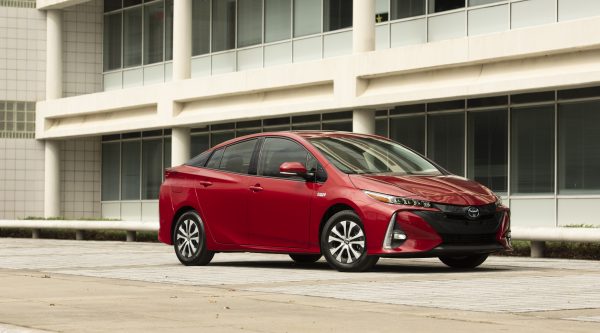
2020 Toyota Prius Prime
While Toyota hasn’t said anything about the timing of the next generation of Prius, both generation 2 and 3 lasted six years each. At that pace, generation 5 would come out in 2021.
So the technology that was critical to the Prius looks likely to migrate into their complete product line leaving the Prius brand free to jump to the next technology, perhaps as soon as next year.
Whether or not Toyota will do that, is anyone’s guess. But if they do, might I suggest that the Prius E has a nice ring to it.


